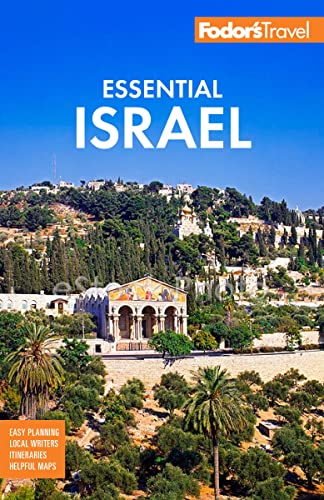Although Beersheva has often been overlooked by visitors, in recent years Israel’s fourth-largest city (population 200,000) has managed to raise its profile by introducing or renewing public spaces, museums, and attractions and encouraging investment in infrastructure and the arts. Beersheva houses a major university, named after David Ben-Gurion, a sparkling performance hall, and a regional hospital serving Bedouin shepherds, kibbutzniks, and other desert dwellers.
The Old City, anchored by Smilansky Street and dotted with handsome stone structures and the lion’s share of Beersheva’s better restaurants, continues to evolve. The Ottomans had controlled the Beersheva area since the 16th century, but it wasn't until the early 1900s that they quarried stone from a nearby canyon to build the distinctive buildings that form the nucleus of the Old City. These historic buildings are gradually being repurposed as restaurant, gallery, and nightlife spaces, pumping fresh, much-needed energy into the area. The famed Bedouin market, once a source of some of Israel's best ethnic handicrafts, has been hit hard by modern times (especially the competition of cheap imports from the Far East), and isn't what it used to be. But it now has a permanent location, and you might still find something authentic. Most intriguing are the Bedouin themselves, sitting cross-legged with their goods spread out on the ground.
Tel Beersheva, just outside the city, is the site of biblical Beersheva and could easily be the site of Abraham's well. An expression from the book of Judges, "from Dan to Beersheva," once indicated the northern and southern boundaries of the land of Israel. UNESCO declared Tel Beersheva a World Heritage Site in 2005.
Today this unpretentious city serves as a northern jumping-off point for Negev travel—main roads branch out from here; buses serving the Negev depart from here; and trains from the north end up in Beersheva. If your schedule permits, stay overnight in Beersheva for a glimpse of a growing desert city with an interesting citizenry and a gentrifying population.





